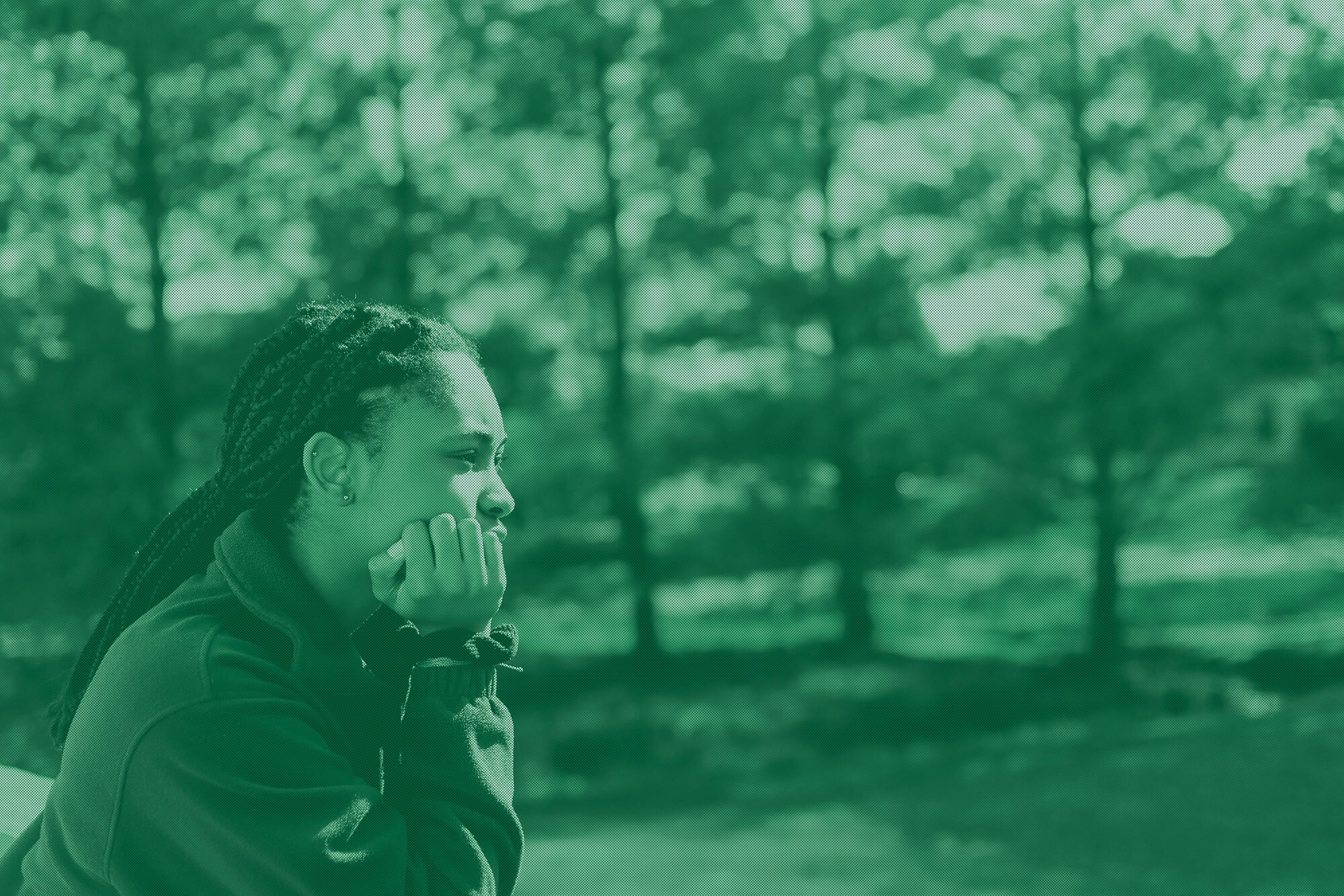New Report Reveals Safety Challenges Black Girls Face in Schools

MIAMI — Today, the National Women’s Law Center (NWLC) and Southern Poverty Law Center (SPLC) released a report that examines the experiences Black girls have with school safety and school policing.
The report, Keep Her Safe: Centering Black Girls in School Safety, includes a group of Black girls and young women, ages 14 to 24, who shared their experiences within Miami-Dade County Public Schools (M-DCPS) through surveys and focus groups. The report highlights that Black girls in M-DCPS encounter:
- Harsher treatment from school-based police and security guards.
- Sexual harassment from security guards, often in the form of inappropriate comments about their looks.
- Body policing and profiling through dress code enforcement, particularly from security guards.
- Public humiliation and shame during in-class searches by police officers and K-9s.
- Lack of autonomy and privacy due to strict bathroom regulations.
- Discipline settings, such as detention, with prison-like conditions.
- Minimal education and support for students at risk or who have survived sexual harassment and assault.
“Black girls everywhere deserve to feel safe in schools. The Black girls we spoke to in M-DCPS frequently experience harassment, humiliation, surveillance, physical harm and invasion of privacy,” said Bayliss Fiddiman, Director of Education Equity at the National Women’s Law Center. “In discussions about school safety, the experiences of Black girls are overlooked, resulting in ineffective school safety measures that do not take into account the specific barriers, stereotypes, and harms they face based on their race and gender.”
“Schools are somewhere we spend the majority of our time, so the environment needs to feel safe. You need to have some level of comfort being in your school. And, of course, there should be no risk of bodily harm,” said a 12th-grade student at Miami Northwestern Senior High School.
The report outlines recommendations for schools and lawmakers to promote “holistic school safety,” strategies for schools that address the psychological, emotional and physical safety needs of all students. They include:
- Investing in student support services.
- Avoiding school policies that police, surveil, and harshly punish students, and instead use proven positive behavioral interventions as needed.
- Taking steps to ensure girls are safe from sexual harassment and assault, including harassment by school-based police officers and security guards.
- Expanding understanding of school safety by engaging students in the conversation.
“School hardening policies often rely on an increased police presence that creates risks for Black girls that are often overlooked, such as sexual harassment and assault by police at much higher rates than other girls,” said Bacardi Jackson, Deputy Legal Director of Democracy: Education and Youth at the SPLC. “This report is a clarion call to center their experiences in decisions about school safety.”
NWLC and SPLC experts and student co-authors are available for interviews.
###
